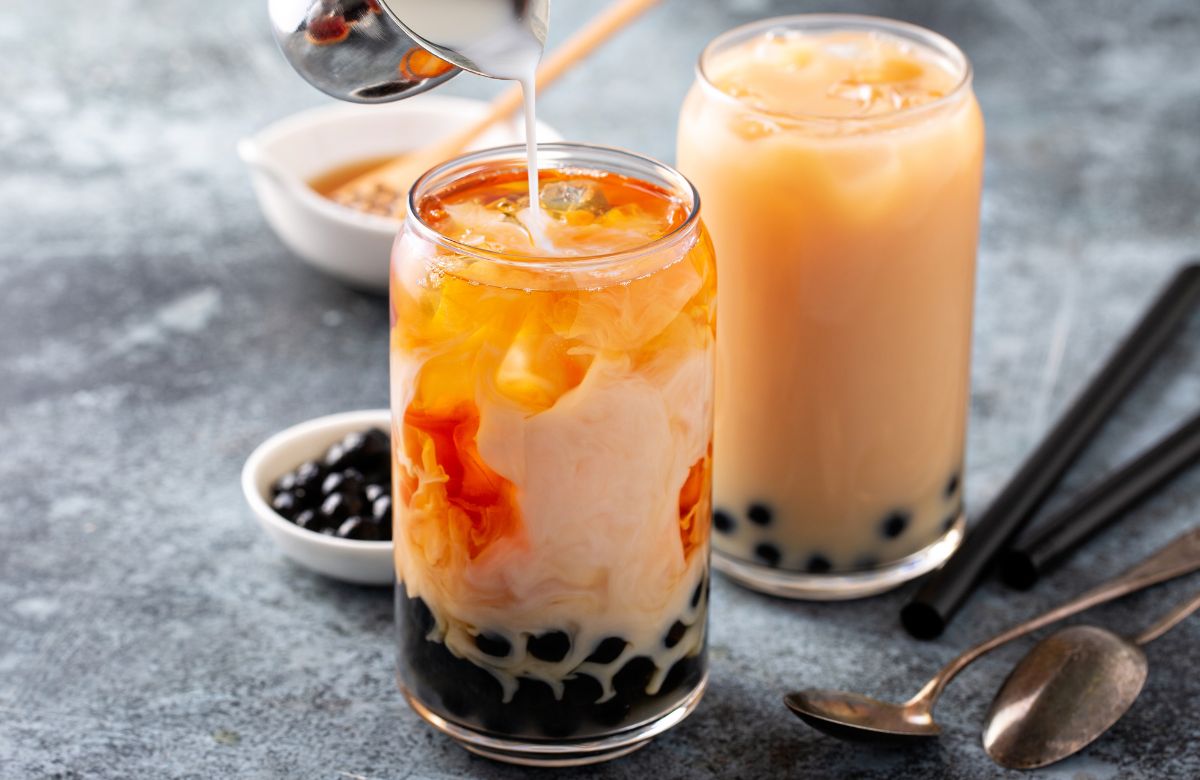The rise of milk and boba tea has led to a significant impact on the food and beverage industry. Chains specializing in these beverages have sprung up across the globe, offering a variety of flavours. And leveraging on that, Chinese Wang Xiaokun, the founder and chairman of Cha Panda, has joined the ranks of the world’s billionaires.
Billionaire By Selling Milk Tea

According to Forbes, Wang, 40, has a current net worth of $1.1 billion. The Chinese Billionaire’s wealth is derived from a nearly 60% ownership position in the beverage company based in Chengdu, which has experienced remarkable growth over the previous three years.
His wealth is derived from a nearly 60% ownership position in the beverage chain with headquarters in Chengdu, which has swiftly grown over the past three years to reach a network of more than 7,000 outlets. Mango Pomelo Sago, Taro Bubble Tea, and Jasmine Milk Green Tea are among the chain’s distinctive drinks; the majority of them cost $3.60 or less.
In addition to its internet promotional initiatives to raise brand awareness among younger consumers, they sponsor music festivals and other offline cultural events.
Also Read: Masala Chai Ranks 1st On “Best Food & Drinks In India” List; Here Are The Top 50
How Did Cha Panda Come About?

The beginnings of Cha Panda can be traced back to 2008. Wang started selling fruit and bubble tea from a small shop close to a school in Chengdu. The city is well-known for its spicy food and for being the home of giant pandas. Chengdu is located in the southwest of China.
By 2020, Wang had expanded Cha Panda’s network of stores to 531, but the company really took off after he adopted a franchising model. As of August of this year, there were a whopping 7,117 Cha Panda-branded outlets, but according to the company’s prospectus, only six of those stores were directly under its administration in the first quarter.
The current strategy of Cha Panda is to create the recipes for its beverages before selling the materials, like as fruit and tea leaves, to beverage shops bearing the Cha Panda name.
As long as there are those who appreciate the delicate dance of flavours and textures, milk and boba tea will continue to hold their rightful place in the hearts and palates of people.
Cover image credits: Canva




